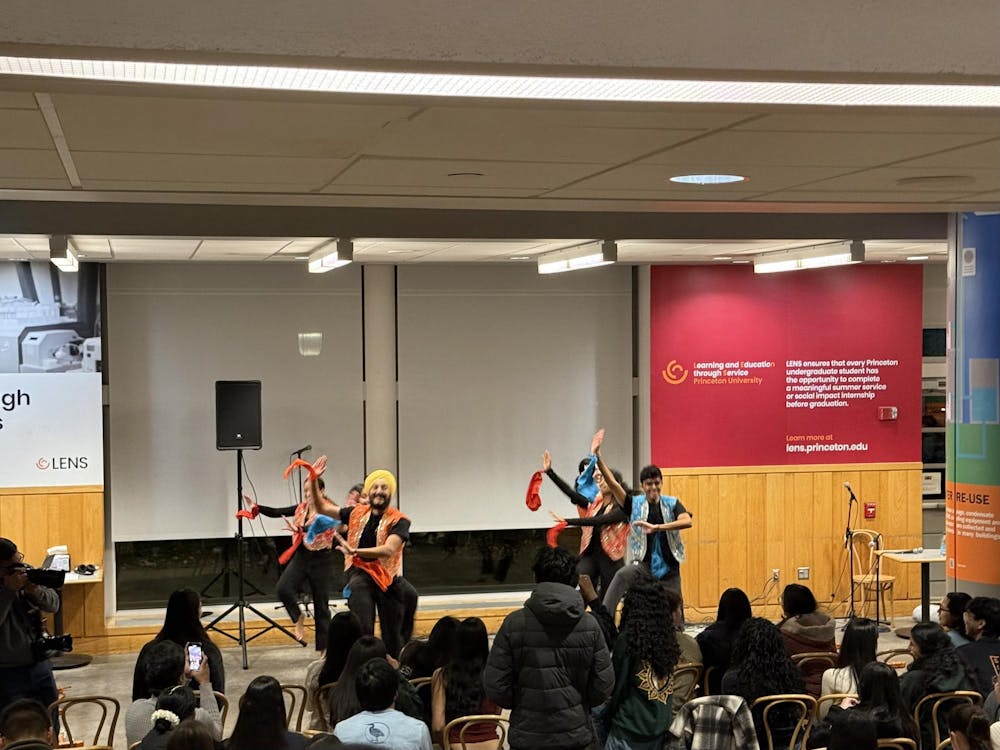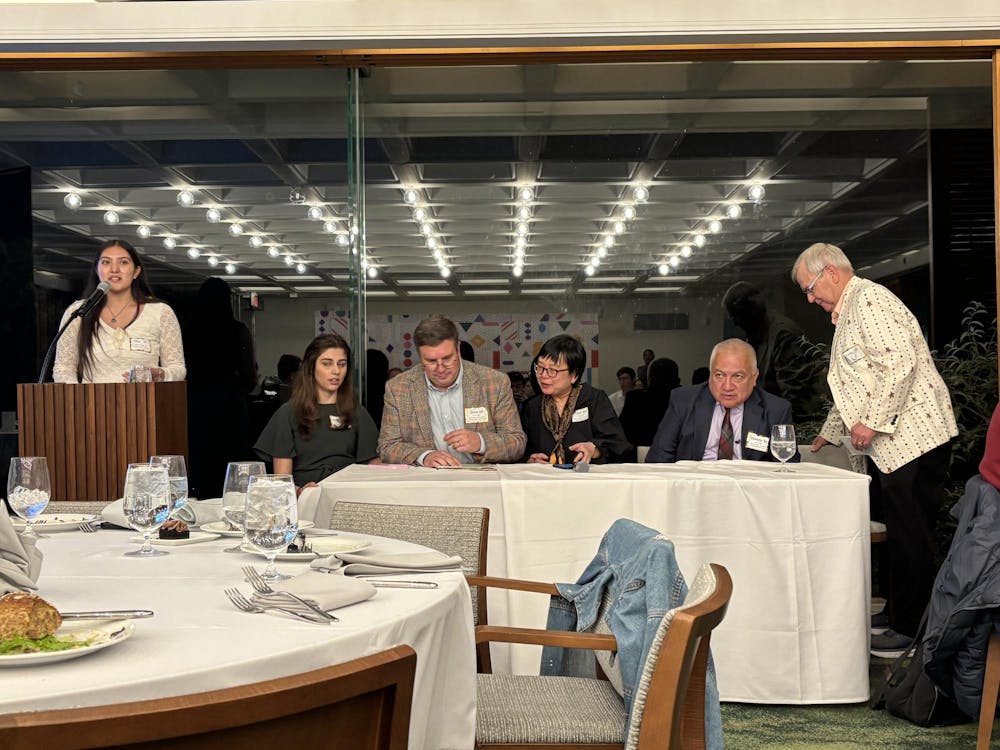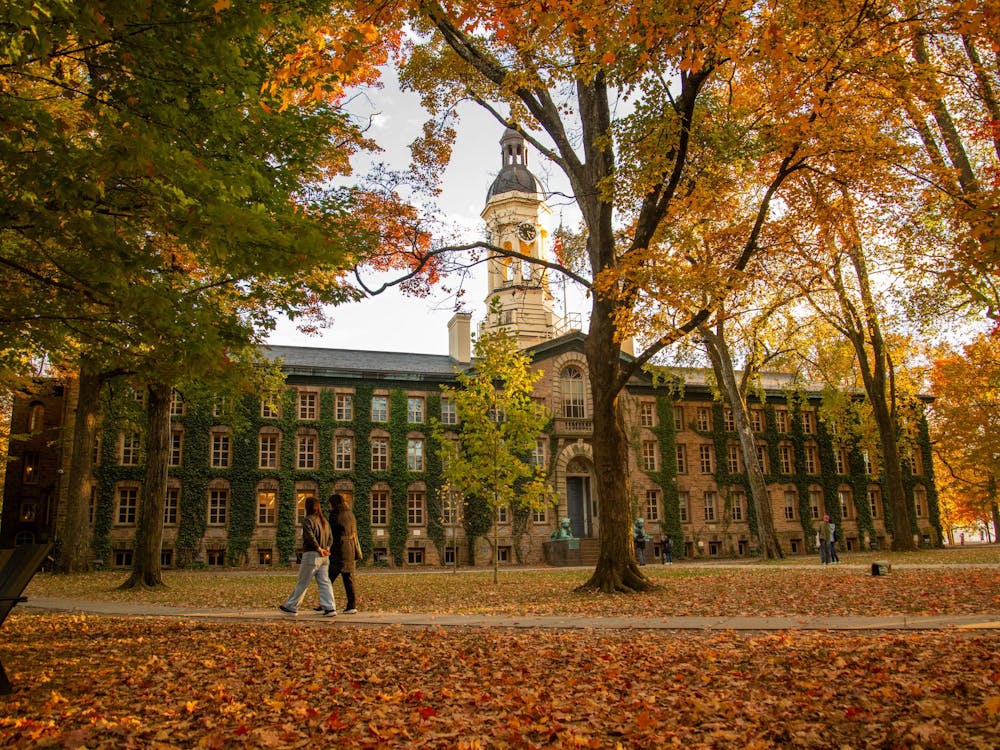A delegation of University officials and professors, including University President Christopher Eisgruber ’83, will travel to Paris for the second annual Princeton-Fung Global Forum from April 9 to 11, where university leaders and policy makers will convene to discuss the future of higher education.
Created last year with a $10 million donation by University trustee William Fung ’70, managing director of Li & Fung Group, the forum was designed to provide a venue for educators from different backgrounds around the world to discuss their views on important global issues.
“We look for important things in world affairs that matter. We’re looking for issues that Princeton has something to say about,” history professor Jeremy Adelman, the project coordinator this year and last, said of selecting higher education as the focus of this year’s forum.
Other members of the University community attending include Dean of the Wilson School Cecilia Rouse, philosophy professor Gideon Rosen and philosophy professor Alexander Nehamas.
Eisgruber will also continue his "listening tour," which is independent of the forum, meeting with alumni in London on Monday, and with alumni in Paris on Tuesday.
Each speaker will lead a forum on a specific topic. For example, Rouse will speak on the sustainability of systems of higher education around the globe, looking at how to address issues with access and funding, and Nehamas will address what the purpose of higher education should be.
“Is the purpose to supply what one might call liberal knowledge or useful knowledge?” Nehamas said. “Is college a prep for a career or is it the actual instance of an education and are those two necessarily opposed?”
Eisgruber explained that one of the motivations of this forum is to build “enhanced networks,” connecting the University to other leaders and, in this case, institutions of higher learning around the world.
“This forum asks university leaders, opinion shapers and policy makers from around the world to reflect on the fate of universities in this interdependent yet rivalrous world,” Eisgruber said in an interview.
In order to attend this event, Eisgruber will miss the first Princeton Preview, a program for admitted students that will take place on April 10 and 26. However, he said that he is confident that students coming for the University’s stellar academic reputation will not be overly impacted by his absence.
Adelman said that this year’s conference will be different from last year’s in that it will try to encompass individuals outside of academia.
“We want people who represent different sectors. We want the media, we want foundations, we want think tanks, we want universities and we want public policy makers,” Adelman said, “And so getting all that balance was a real challenge.”

Adelman indicated that another change this year is that he has tried to generate more media attention and gain a larger audience for the event, making the forum into a public event that can raise the University's global profile rather than just a high-quality academic convention.
“I think it will help to bring Princeton closer to a lot of individuals from Europe, more to the international stage,” Rouse said about the conference.
Last year’s forum, which was held in Shanghai, was entitled the “Future of the City,” and addressed topics like overpopulation, the urban environment and climate change.
When asked about the result of last year’s conference, Eisgruber said that this forum on the future of cities spurred people who had attended the conference to think about some of the research problems they’re personally working on.
Nehamas indicated that while this year’s forum may not produce a concrete set of answers as much as a germination of ideas, sharing these ideas about education in the face of a globalization movement is especially important. Rouse expressed similar sentiments.
“I think the most important part is that it’s the beginning of the conversation, not the end,” Rouse said.







